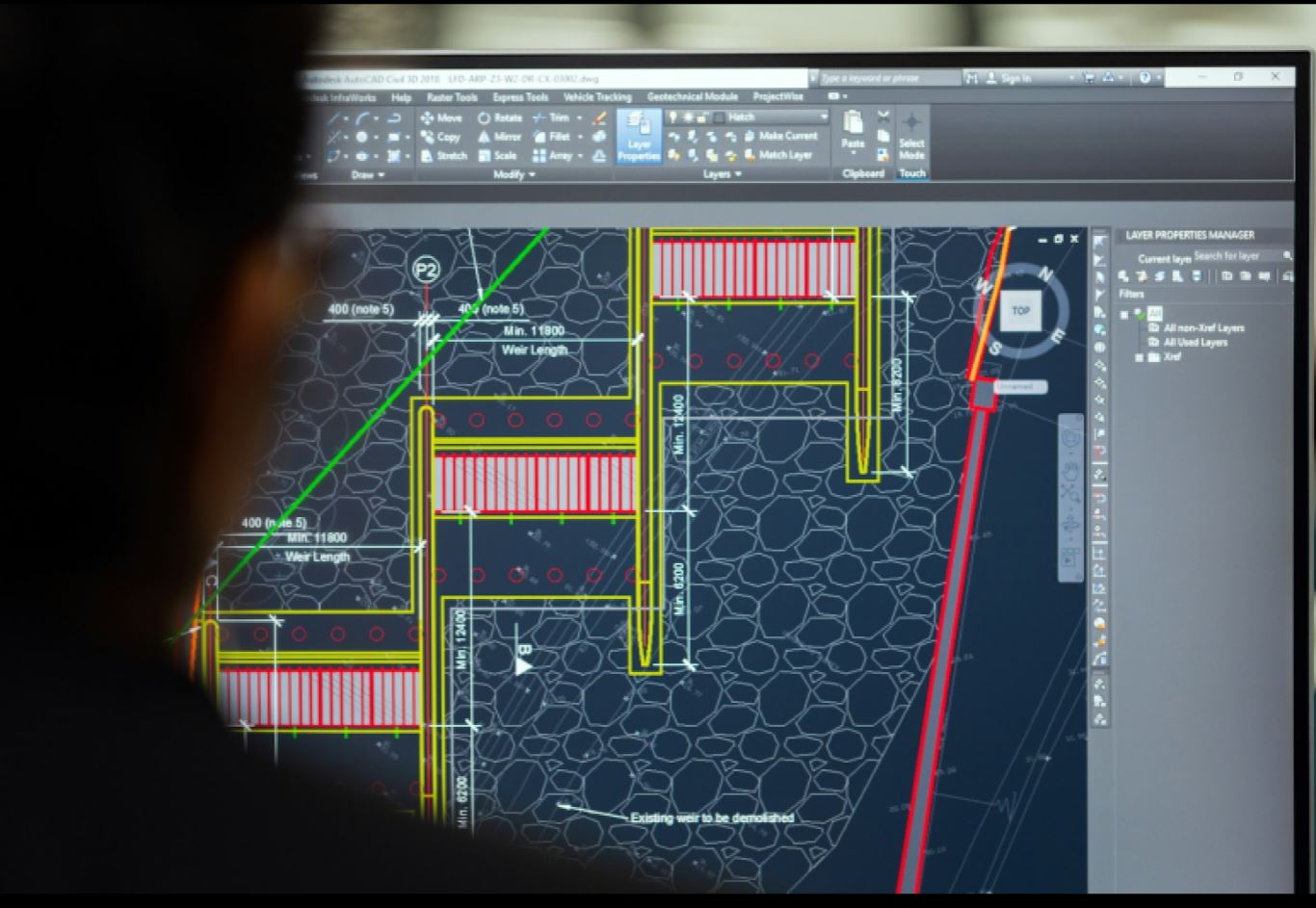

In industrial fluid handling, the margin for error is measured in grams—but the impact of inaccuracy can halt entire operations. In a recent terminal infrastructure project on Canada’s west coast, FWS’s Piping Division achieved a major milestone by delivering a fully integrated Coriolis metering system—engineered, installed, and commissioned in-house—designed to meet stringent Measurement Canada certification standards.
This achievement signals more than just technical capability; it affirms FWS’s position as a turnkey partner in the execution of high-precision, mission-critical piping infrastructure.
“Certification isn’t optional—it’s what allows the product to move” said Diego Orozco, Project Manager at FWS. “Our team was responsible for delivering a system accurate enough to pass legal-for-trade national and international measurement regulations. And we did it in-house.”

Coriolis meters are the gold standard in mass flow measurement. Unlike volumetric flow meters, which can be influenced by temperature, pressure, and viscosity, Coriolis meters measure the actual mass of a fluid using the Coriolis effect—the same principle behind spinning weather systems and planetary rotation. This makes them ideal for custody transfer and regulatory use in terminal environments.
But to be legally used for commercial transactions in Canada and abroad, they must be certified by Measurements Canada—a rigorous process that ensures the system maintains an error margin within ±0.1% of actual flow . Failure to meet this standard can delay or completely block the start of operations.
In this case, the Coriolis metering system was integrated into a transload facility intended for CSD canola oil transfers to offshore vessels. Without certification, no sales could take place.
“There’s a very short list of qualified certifiers in the country, and they’re booked out months in advance,” said Orozco. “Missing a certification window while performing the test can mean missing shipping windows. That’s real risk for the client.”

What differentiates this project from similar installations is not just the technical complexity—but the delivery model. Unlike previous projects where subcontractors handled sections of the system, this installation was executed entirely by FWS’s internal teams, showcasing their full-scope capabilities.
“This is a landmark for our division,” said Orozco. “We didn’t just participate in the installation—we designed it, procured it, installed it, commissioned it, and supported the third-party certification. That’s the kind of control and reliability our clients need.”
The need for precise, certifiable flow measurement is growing as global trade logistics and commodity volumes increase. According to MarketsandMarkets, the Coriolis flow meter market is expected to grow from USD 874 million in 2021 to over USD 1.3 billion by 2026, driven largely by demand in oil & gas, chemicals, and food & beverage sectors .
In Canada, all legal-for-trade custody transfer meters used in terminal or commercial applications must be tested and certified under the Weights and Measures Act . This puts pressure on facility operators, designers and builders to not only install compliant systems—but to do so with precision and reliability.
FWS’s approach—where engineering, installation, and commissioning are unified under one roof—reduces coordination risk, compresses timelines, and ensures alignment between design intent and real-world execution.
“For our clients, it means one point of accountability. For us, it means delivering certainty,” said Orozco.
Discover how FWS delivers turnkey solutions in high-precision liquid and gas handling.Visit: fwsgroup.com/core-services/liquid-and-gas-handling
Sources:
Measurement Canada. “Specifications for the Approval of Coriolis Meters.” Government of Canada, 2022.
MarketsandMarkets. “Coriolis Flow Meters Market by Fluid Type, Application, and Region - Forecast to 2026.”
Weights and Measures Act, R.S.C., 1985, c. W-6. Government of Canada.